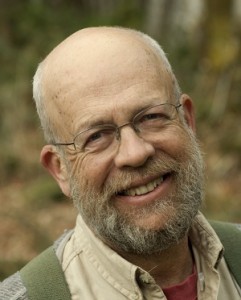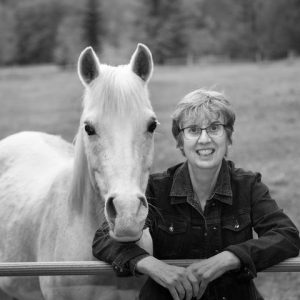Gumboots in the Straits, Nautical Adventures from Sointula to the Salish Sea is hilarious, insightful and totally candid. Each chapter chronicles the escapades of young men drawn to British Columbia’s West Coast and the inside waters of Vancouver Island in the 1970s.
This decade was a time of upheaval creating a major shift in social norms. Countless young people were seeking a better life, anchored on the concepts of peace, love and freedom. The accessibility of the birth control pill, the increasing popularity of marijuana and growing conflict over the Vietnam War all contributed to the changes that took place.
A lot of people were on the move resulting in an intriguing cultural stew of hippies, back to the landers and Vietnam war resisters finding their way to remote areas of the BC coast. They came from the US, other parts of Canada and suburban areas of the province.
Many shared a certain innocence, even naivety, about what life in less inhabited areas would be like. But there was also optimism and a willingness to take on the challenges involved in learning new ways of living and earning an income.
Most of the men became commercial fishermen for at least part of their working lives. And most had no experience when it came to trolling, gillnetting or seining. Some learned under the guidance of men (benevolent or otherwise) who had been earning income from fish since they were teenagers. Others figured things out through multiple experiences of trial and error.
Skippers yelled, boats sank, people fell overboard, days off were often spent at the nearest pub and big crew shares were celebrated. For the most part, fish were plentiful and if you were willing to work hard, the money was good.
I initially bought this book as I know half of the twenty-seven contributors. Learning the backstory of these men was intriguing but I was equally engrossed in the stories by people I’ve never met. I particularly enjoyed the chapters acknowledging the support of their female companions/spouses.
Kudos to Jane Wilde and Lou Allison for documenting this unique era in Gumboot Guys, Gumboot Girls, Dancing in Gumboots, and now Gumboots in the Straits, all published by Caitlin Press.

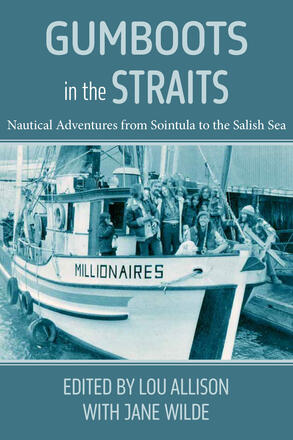
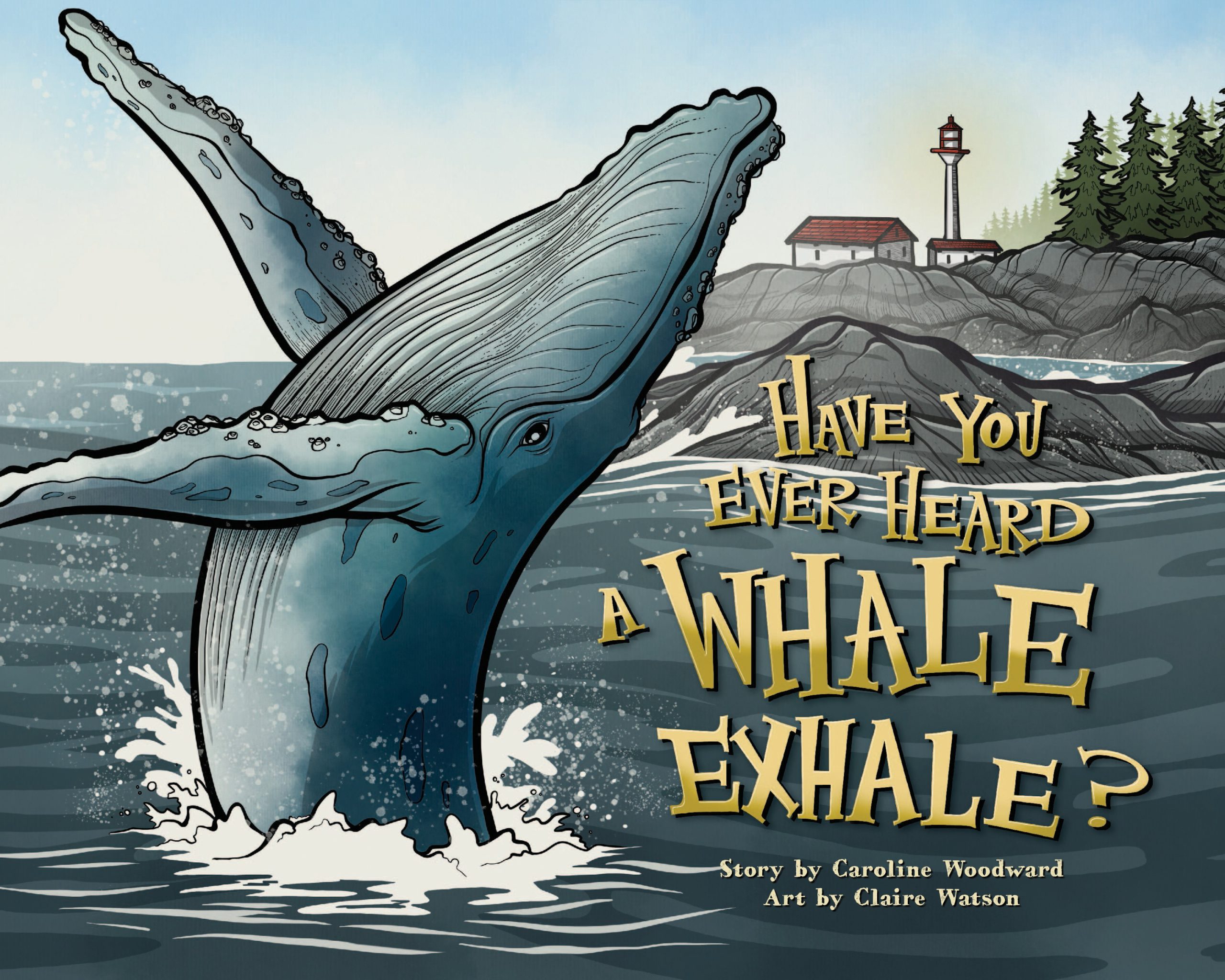
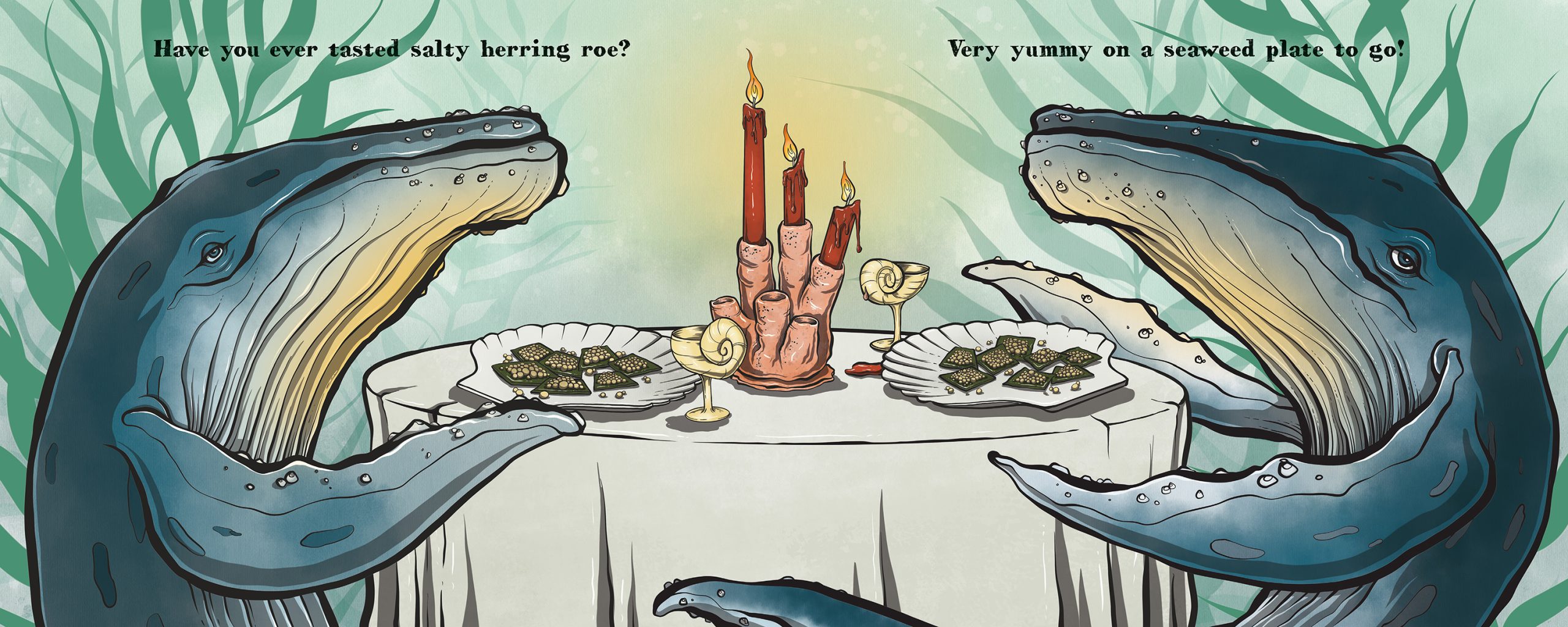
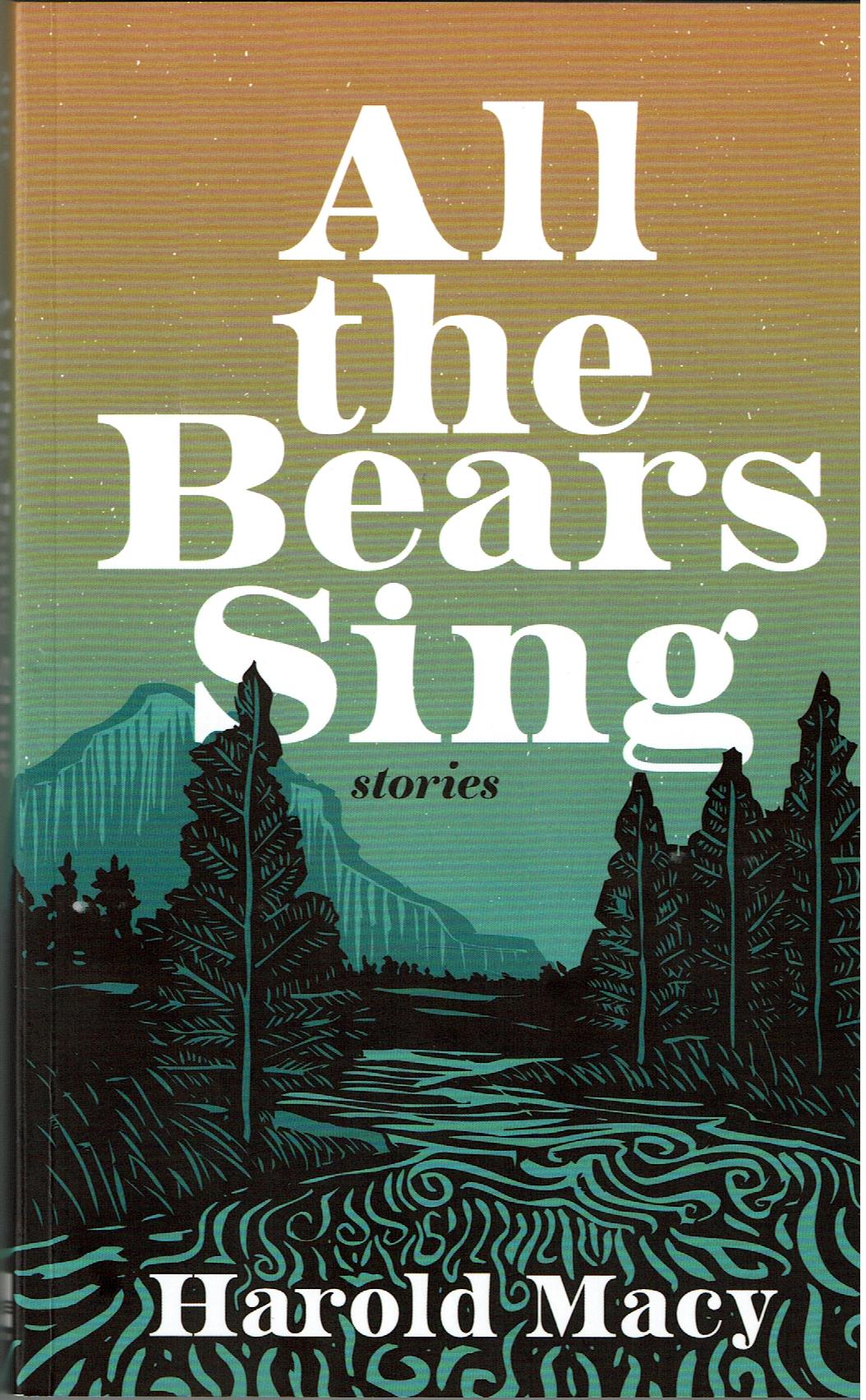
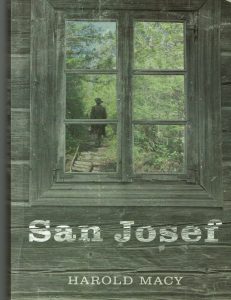 intrigue and insight into the story of Danes attempting to settle the northern tip of Vancouver Island, as well as the beginning of a friendship that has lasted decades.
intrigue and insight into the story of Danes attempting to settle the northern tip of Vancouver Island, as well as the beginning of a friendship that has lasted decades.